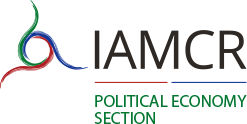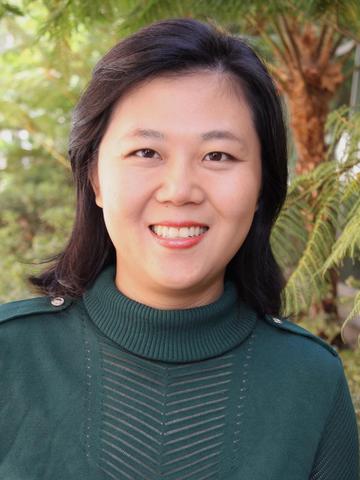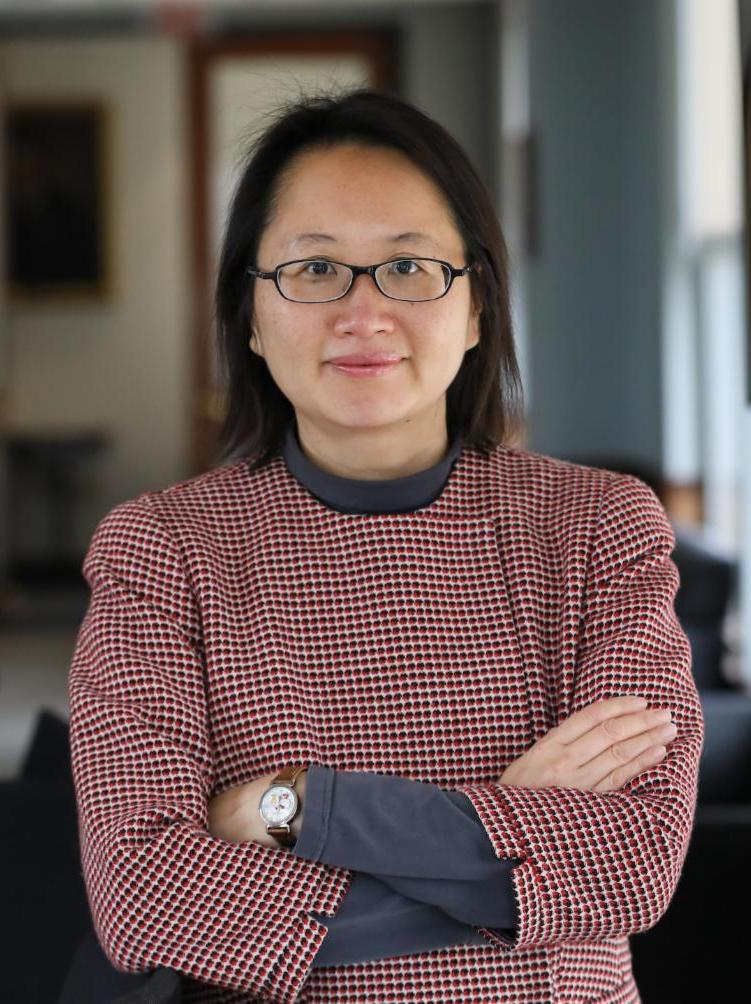
The Political Economy section will be holding elections for one vice-chair position, for the term 2023 – 2027.
The elections will be held online from 24 May until 14 June using the SurveyMonkey platform.
Individual members and representatives of institutional members in good standing, who are also registered as members of the Political Economy section will be eligible to stand for a position and to vote. To verify if you are a member of the POE section, log in to your account and click on "My Sections and Working Groups".
The deadline to receive candidate statements was 17 May.
The current Head comprises two co-chairs, Ben Birkinbine and Gabriela Martínez, and two vice-chairs, Yu Hong and Mandy Tröger. Yu Hong is ending her term in 2023.
Read about the Political Economy section
More information and timeline at https://iamcr.org/s-wg/elections2023
Candidates
Statements
Yu Hong (Zhejiang University, China)

I would like to seek a re-election as Vice-chair of the Political Economy Section for the term 2023-2027. I am a Professor of Communication Studies at the College of Media and International Culture, Zhejiang University, China. Starting in 2022 I have assumed the associate dean position at my institution.
I believe I can continue to contribute to the Political Economy Section and IAMCR because of three reasons:
- I have worked with the rest of the leadership team to extend the scope of submissions. It is my goal to encourage paper submission in some of the topical areas, including but not limited to digital ruralism, international communication, cyber geopolitics, and digital labor and platformization. I believe the political economy division, the oldest division of IAMCR, should have a program that is internationalized and up-to-date, a program that attends tensions and debates and attracts junior and senior scholars who creatively intersect political economy perspectives with other perspectives for new questions, new inquires, and new theory-building.
- As the co-editor for Communication and the Public, a Sage journal, I have organized and published interviews of senior scholars who do political economy and have recent book publications. Also, during my first term, China Media Report, a Chinese-language open-access international academic journal that I participate in running, obtained affiliation with the division. It is my goal to continue to leverage resources and to discover new vehicles for better serving and publicizing the political economy division.
- Through online and offline interaction, the division can better facilitate idea and information exchanges. It is my goal to make better use of the current online forum and to think about ways to encourage collaboration and communication among division members and even across divisions.
Micky Lee (Suffolk University, United States)

I would like to self-nominate myself to be a Vice-chair of the Political Economy Section for the term 2023-2027. I am a Professor of Media Studies at the Communication, Journalism, and Media Department, Suffolk University, Boston, USA. Starting in July 2023, I will assume the Associate Dean of Core Experience position at the College of Arts and Sciences. I first attended an IAMCR General Assembly in 2002 in Barcelona and have been attending it interminably.
My research areas intersect feminist political economy, information and new technologies, as well as Science and Technology Studies. I am an author and editor of ten books and a number of journal articles and book chapters about international organisations (such as the UN), Google, financial information, and East Asian popular culture. At present, I examine how three organising concepts —network, space, and time—aid examining global cities amidst the rise of authoritarianism by using Hong Kong as a case study. I also investigate a self-care economy of phone apps.
I believe I can contribute to the Political Economy Section and IAMCR because of three reasons:
- I will encourage research that examines the collusion between political and economic interests amidst the rise of authoritarianism. We are facing an imminent danger of rising authoritarianism not only in a number of non-democratic countries, but also in democratic ones. With few exceptions, political and economic elites reap profits in capitalism while depriving most of the populations from political, economic, and cultural autonomies. The erosion of such self-determination endangers democratic institutions, human freedom and creativity, the environment and nature. Political economic research should be at the forefront of such critique.
- I will demand IAMCR and the PE Section to prioritise mental well-being of young(er) scholars. The precarity of academic labour has significantly changed the purpose, process, and outcome of research. While paper quality has sharply increased since I first presented at IAMCR, academic conferences have sadly become hyper-competitive venues where intellectual exchanges have given ways to professional networking and achievement checkboxes. Many young(er) scholars experience stress and depression in the shortage of jobs and arbitrary scholarship evaluation; the cost and hidden rules of academic conferences do not help with mental well-being either. I believe IAMCR, one of the more diverse communication associations, should directly address how academic conferences—from costs to the peer review system to presentation format—should re-focus on intellectual engagements that promote mental well-being.
- As a feminist political economist who studies communication technologies, I believe online platforms offer a low-cost, flexible, and convenient alternative to in-person conferences. The online format will benefit scholars with limited financial means, family responsibilities, and mobility issues. However, engagement level remains low on an online platform. I believe there are ways to increase meaningful interactions, such as a robust but caring peer review system, an invitation to participate without judgement, a clear pipeline to publications, and a more creative way for international collaboration.